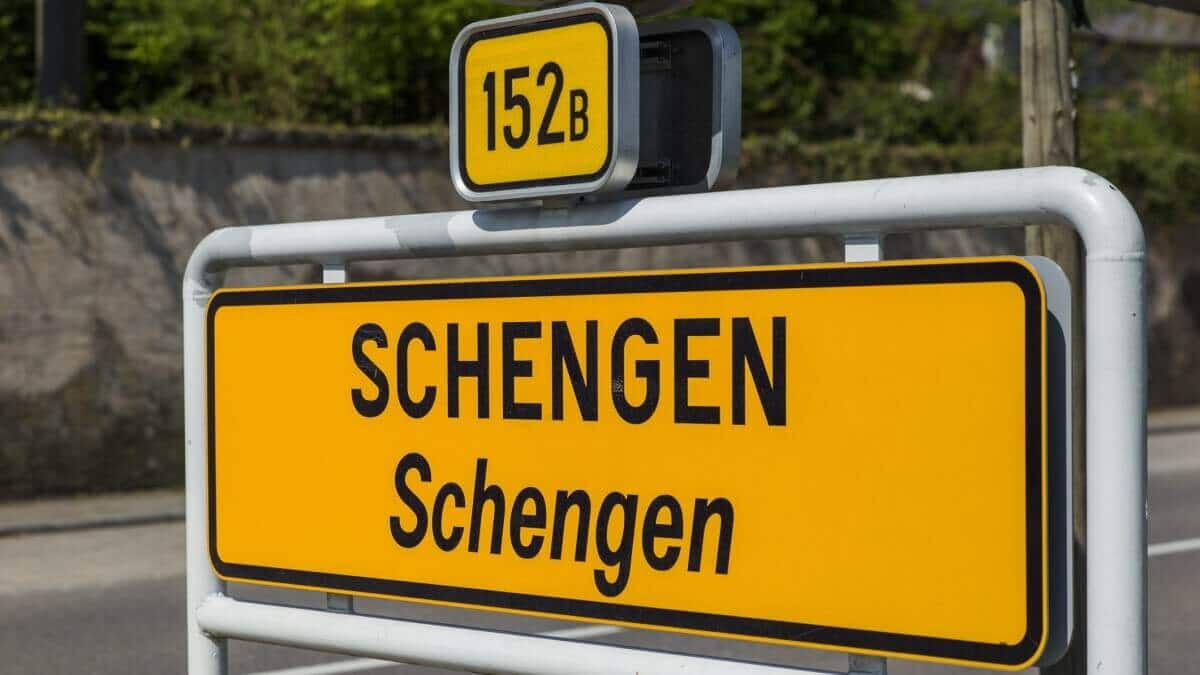
Romania, Bulgaria join Schengen zone after 13-year wait
What's the story
Romania and Bulgaria officially joined the Schengen Zone as full members on January 1, 2025.
The expansion ends a 13-year-long wait for the Eastern European nations and takes the total number of Schengen Zone members to 29.
The two countries had been partially included since March 2024, with border checks removed at airports and ports. However, land border controls remained due to Austria's objections over migration concerns.
Border agreement
Austria's objections resolved, paving way for full membership
Austria withdrew its objections in December 2024 after a "border protection package." It includes joint border patrols on the Bulgarian-Turkish border and temporary land border controls for six months.
Established in 1995, the Schengen Area now covers over 450 million people across 25 EU members and four non-EU countries.
About 1.7 million people commute to work across an internal European border each day within the area.
Membership hurdles
Long-standing membership criteria met amid objections
Romania and Bulgaria have met the Schengen membership criteria since 2011 but were repeatedly blocked by some member states.
Analyst Valentin Naumescu said these objections added to the "frustration" and anti-EU sentiment in Romania that was exploited by parties.
The expansion is seen as a major step forward by leaders across Europe.
Economic impact
Schengen expansion to boost economies, ease travel
The Schengen Zone expansion is expected to grow Romania's and Bulgaria's economies by at least one percentage point in GDP growth.
Beniamin Lucescu, head of a Romanian transport federation, welcomed the change as lorry drivers earlier had to wait long at land borders.
Tourism is also expected to increase with easier travel between Romania, Bulgaria, and Greece.
Ceremonies were held at several border posts to celebrate this historic occasion.